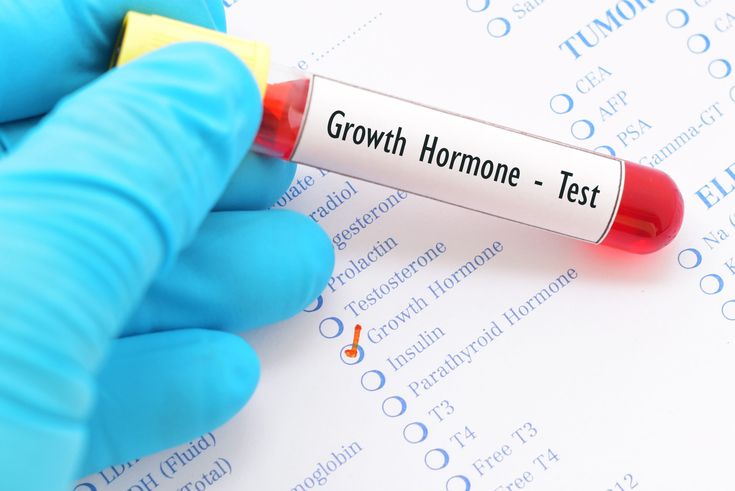Are you considering testosterone therapy to regain your youthful vitality and vigor as you grow older? It’s crucial to understand the potential risks before making a decision.
Authored by the Advanced TRT Clinic Staff, this exploration into testosterone therapy sheds light on the common myths and realities surrounding its use for aging-related testosterone decline.
Despite its appeal as a seemingly perfect solution for aging, the actual health benefits of testosterone therapy for combating natural decreases in testosterone are not definitively proven.
This article aims to clarify what is currently understood—and what remains uncertain—about testosterone therapy’s role in typical aging processes.
Understanding Testosterone and Its Role in Men
Testosterone, a hormone predominantly produced in the testicles, plays a vital role in maintaining several key aspects of men’s health, including:
- Bone density
- Fat distribution
- Muscle strength and mass
- Facial and body hair growth
- Red blood cell production
- Libido
- Sperm production
The Natural Decline of Testosterone With Age
Testosterone levels typically peak during adolescence and early adulthood, followed by a gradual decline—about 1% per year starting in the 30s or 40s. It’s important for older men to distinguish between testosterone level decreases due to normal aging and those caused by hypogonadism—a condition impairing normal testosterone production due to issues with the testicles or the pituitary gland. Testosterone replacement therapy, available in several forms, can alleviate low testosterone symptoms in men with hypogonadism.
Aging Symptoms: Are They Linked to Decreasing Testosterone?
It’s not always clear if the signs of aging are directly linked to reduced testosterone levels. Symptoms such as changes in sexual function, physical alterations, and emotional shifts can arise from various causes. Conditions like medication side effects, sleep apnea, thyroid issues, diabetes, and depression can mimic or contribute to low testosterone symptoms.
Diagnosis and the Role of Testosterone Therapy
A blood test is essential for diagnosing low testosterone. While testosterone therapy can counteract hypogonadism effects, its benefits for otherwise healthy older men remain uncertain. Some men report feeling more youthful and energetic with testosterone treatment, yet evidence supporting its use in healthy individuals is limited. Testosterone therapy may modestly improve sexual function in some men, according to the American College of Physicians, but evidence for other benefits like increased vitality is minimal.
Potential Risks of Testosterone Therapy in Aging
Testosterone therapy isn’t without risks, including exacerbated sleep apnea, skin issues, prostate growth, breast enlargement, reduced sperm production, and increased red blood cell count, heightening blood clot risks. There’s also concern about the potential link between testosterone therapy and heart disease, necessitating further research.
Consulting Your Doctor About Testosterone Therapy
If you’re contemplating testosterone therapy, a detailed discussion with your doctor about its risks and benefits is essential. Doctors typically require multiple testosterone level tests before suggesting therapy.
For normal aging, testosterone therapy is generally not recommended. Instead, natural testosterone boosting methods, like weight loss and resistance exercise, might be advised for those without a medical condition affecting testosterone levels.



